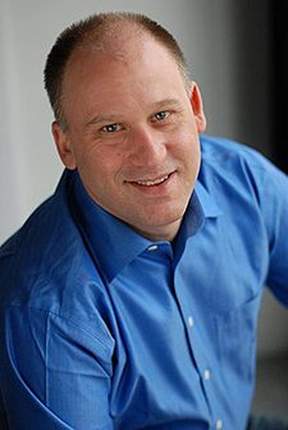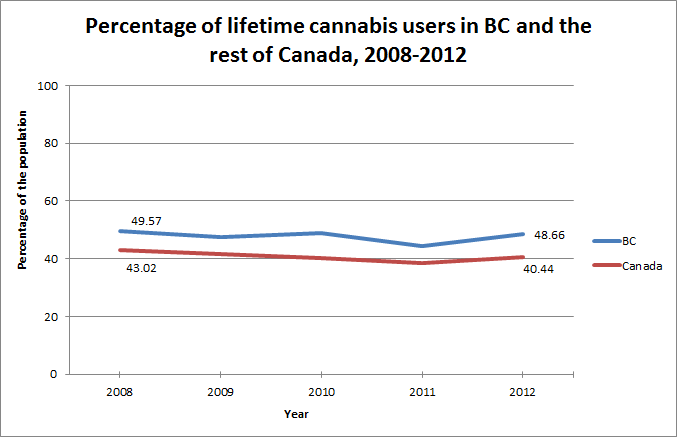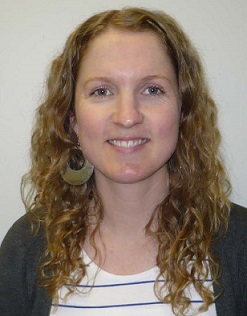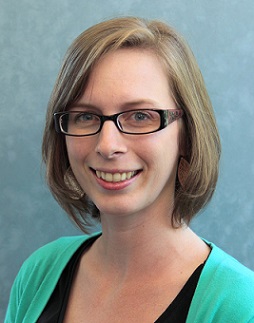I am the Director of the Sensible BC campaign for a marijuana referendum. I’ve been working on marijuana reform for all of my adult life. I spent ten years as editor of Cannabis Culture Magazine, co-founded the Vancouver Seed Bank in 2005, and in 2008 started up the Vancouver Dispensary Society.
I am passionate about this issue because I see cannabis reform as a lynchpin that will affect many other areas of social policy. Legalization of marijuana will positively impact issues around civil rights, police resources, racial disparities, the economy, health care, the environment, and more. There’s no other plant on earth with the wide range of industrial, medicinal, environmental and social benefits that are available from the cannabis plant.
I launched the Sensible BC campaign in September 2012 to try to change this. I spent a year travelling around the province, giving presentations about our proposed legislation, the Sensible Policing Act, which would effectively decriminalize cannabis possession at the provincial level, while calling upon the federal government to repeal cannabis prohibition.
Part of our campaign is to dispel myths around marijuana enforcement in BC, including the perception that there is already a de-facto decriminalization here. Nothing could be further from the truth. Charges for cannabis possession in BC have doubled over the past six years, and are far higher than any other province. BC police made over 16,500 arrests for marijuana possession last year, resulting in 3,700 convictions, at a cost to taxpayers of over $10 million. Our legislation would redirect those police resources towards more serious crimes.
Canada’s marijuana laws are out of step with scientific research and public opinion. A majority of Canadians, and a strong majority of British Columbians, want marijuana to be decriminalized or legalized. Yet we have no political champions in BC, no provincial politicians have been willing to bring this issue to the forefront. That’s why we launched Sensible BC, so that the people could make their voice heard.
On September 9, we started the 90-day clock for collecting signatures for the referendum campaign. Just like the “Fight HST” campaign, we need to collect signatures from 10% of the registered voters in every single one of BC’s 85 electoral districts (well over 300,000 people). It is an incredibly difficult task, but if we are successful, then the BC Liberal government must either introduce the Sensible Policing Act into the Legislature, or put it forward for a public referendum.
As we enter the final 30 days to collect signatures, we have gathered less than half of the names that we need. However, with new volunteers and canvassers still streaming in, we’ve been getting many more signatures every week, and success is still within grasp for our team. Regardless of whether we get all the signatures required, we will continue to press the provincial government to take action on this issue. Skyrocketing arrests for marijuana possession are a poor use of police resources, and the people of BC are ready for decriminalization, and legalization, of our province’s lucrative cannabis industry.
To find out more or to register as a canvasser visit www.SensibleBC.ca, or call our campaign office at 604-343-4684, or email me directly at dana@sensiblebc.ca.
*Please note that the material presented here does not necessarily imply endorsement or agreement by individuals at the Centre for Addictions Research of BC
Author: Dana Larsen




